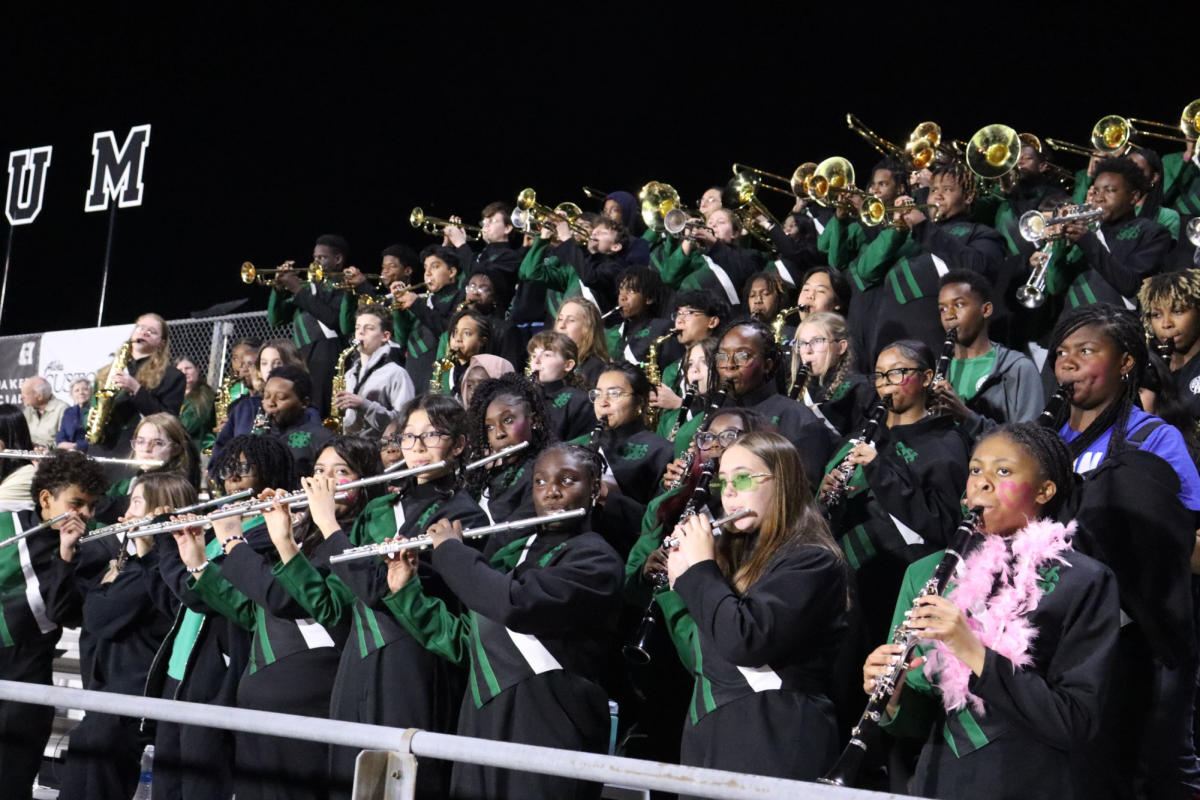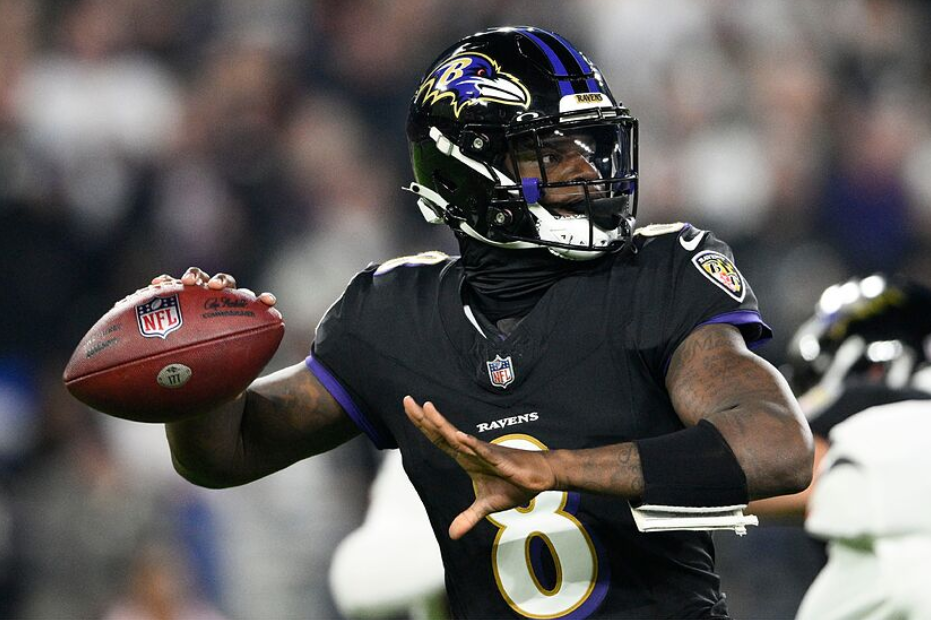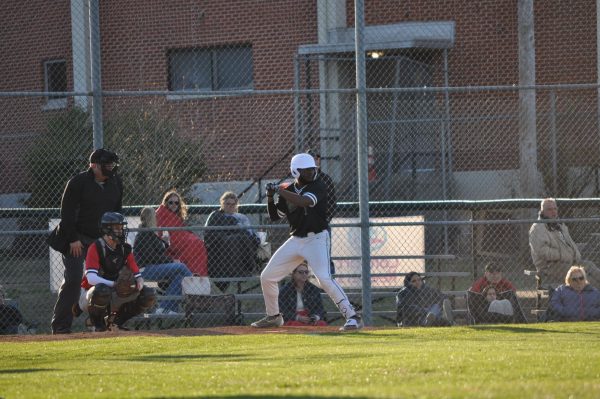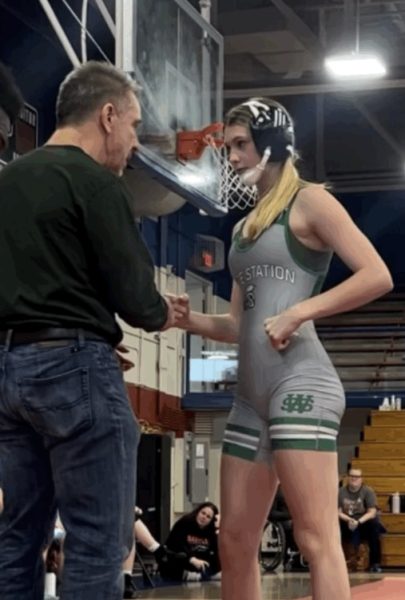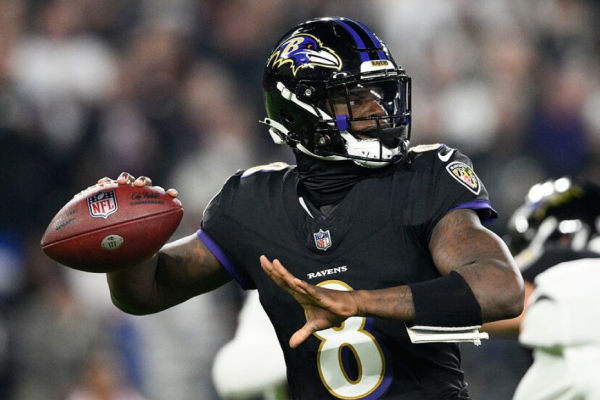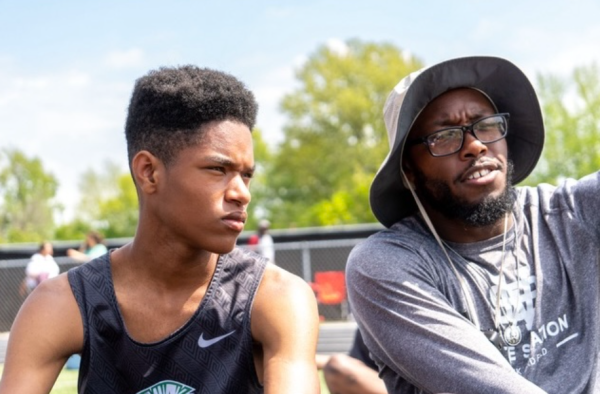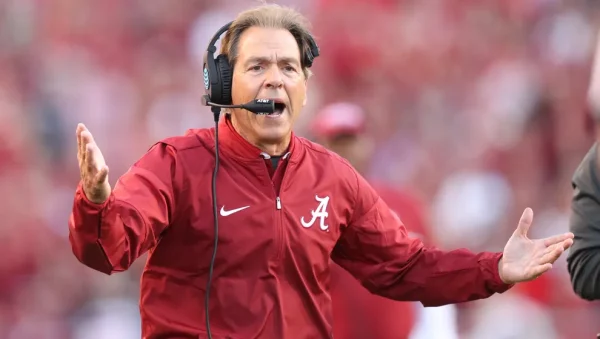Sexism in Sports

Sports in America are a big deal. Whether it’s a football game in the fall, a basketball game in the spring, or any other event in between, you can count on the majority of Americans to be avidly watching some kind of sporting event at any given time—a male sporting event.
It isn’t even a question. If you ask someone what their favorite team is, most will respond with Memphis Grizzlies, the Miami Heat, or any number of other male teams.
This isn’t just true of football and basketball. This isn’t just true when guys are asked. This is true of all sports, regardless of who is questioned.
No matter how good a women’s teams is, it is always overshadowed by a men’s team.
Look at athlete salaries. The million-dollar-contracts and the massive paychecks after just one game serve as a tangible reminder of how highly we value our athletes. And men dominate this list of big money-makers.
The first woman on the list of highest-paid athletes is tennis player Maria Sharapova at number 22. The next female is fellow tennis player Serena Williams at number 68. Sharapova and Williams are, in fact, the only women on this prestigious list.
Lots of money goes into collegiate sports, which leaves much room for sexism. Male athletes receive more than half of the total amount of athletic scholarship money offered. Women’s teams, on the other hand, only get 38% of this funding. Head coaches for female collegiate teams receive an average of almost $1 million less than coaches for male teams each paycheck.
With thousands of dollars going into each event, it makes sense why so much money is pumped into the men’s sports.
“A lot of people do care about men’s sports more than women’s.” said track and cross country runner Madison Roberts (11). “I don’t think there’s really anything you can do about it, and I don’t think that it’s much of a problem. It’s always been that way, and it’s probably always going to be that way…Men have just played sports longer than women have.”
There is truth behind Roberts’ words. Women were not even allowed to significantly participate in athletics until the nineteenth century. Men simply have a longer history in the field, and that is apparent in the attitudes of sports fans.
To say that it is a disgrace to revere men’s sports so much more than women’s is practically fighting against nature.
Physically, men are better equipped to excel in sports. Much of the hype about football is due to the brutal collisions, tackles and pile-ups. The same goes for hockey, basketball, soccer and virtually every other contact sport.
Spectators don’t even realize they’re doing it. When a viewer flips on ESPN and sees a women’s softball game or the WNBA finals, the channel will inevitably be changed. It’s nothing against women. It just happens. It’s subconscious.
To viewers, the excitement isn’t equal. The playing caliber isn’t the same. That doesn’t make sexism right, but it also doesn’t make female athletes any better or worse than male ones. They simply are on different scales.
“It’s just how people view sports. We don’t view women like that,” said Roberts.
It’s nothing personal. It’s not sexist. It’s just the way it is.
Your donation will support the student journalists of White Station High School. Your contribution will allow us to purchase equipment and cover our annual website hosting costs.










